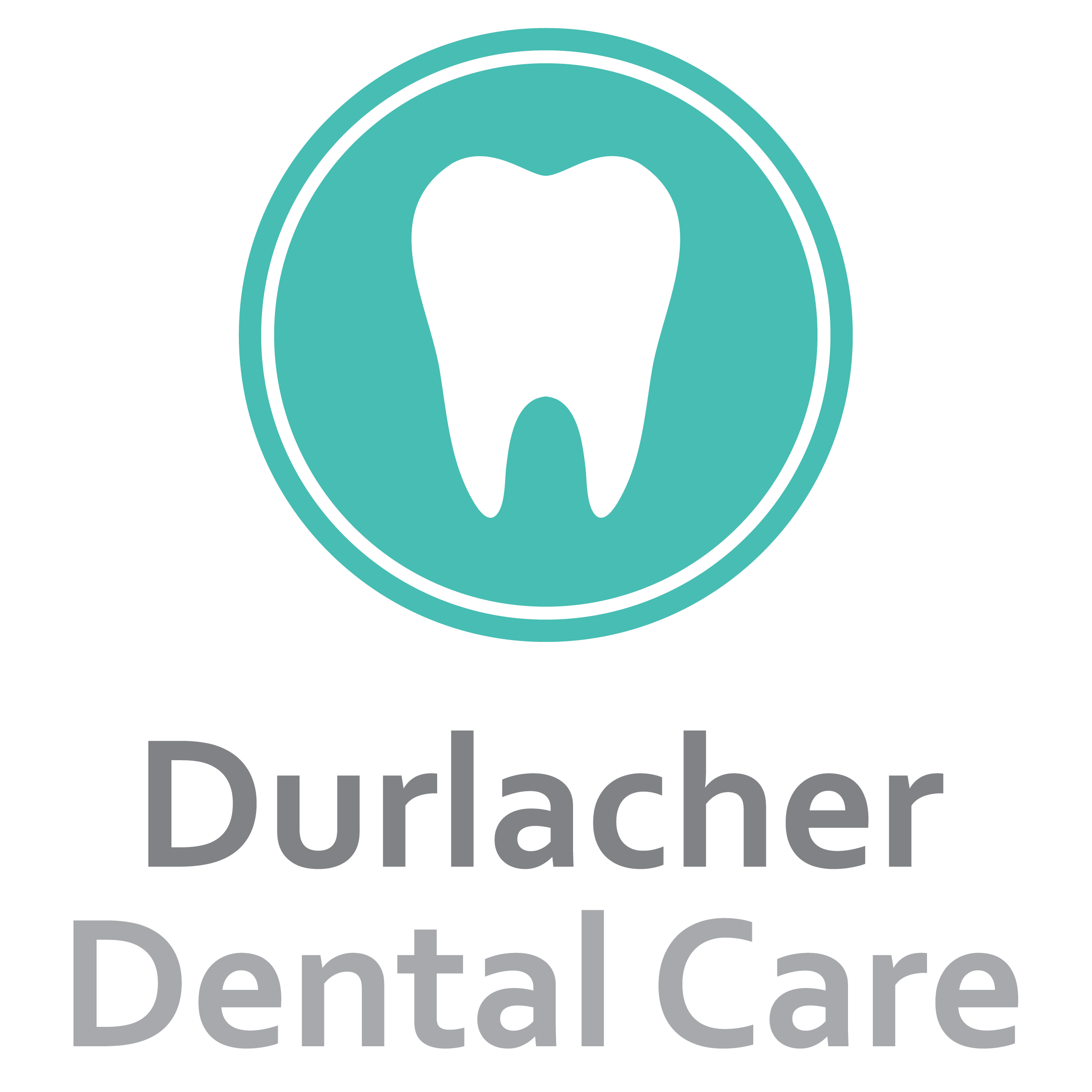Wisdom Teeth FAQs
By Dr Thomas Graydon, Durlacher Dental Care
Wisdom teeth are notorious for causing nothing but trouble! There are many myths about wisdom teeth, and a lot of misinformation from the public about them; this blog will attempt to quell some of these ideas and answer the most commonly asked queries. If you do have any further questions or require other information, please do not hesitate to get in contact with us at Durlacher Dental Care.
Wisdom teeth - otherwise known as third molars - are a set of teeth that erupt later in life, usually after the age of 16. They can be quite unpredictable in their eruption, position and shape, which results in potential complications in their management.
Do I need to have my wisdom teeth removed?
Probably the most commonly asked question regarding wisdom teeth! The answer to this requires a number of considerations, each patient specific, to decide whether removing them or leaving them is necessary. The best way to answer this question is to have a consultation with a dentist - in this appointment the dentist will look at the position of the wisdom teeth in your mouth, as well as the position and shape of the teeth on a radiograph, and how close the teeth sit to other important structures like nerves and blood vessels.
If the wisdom teeth are causing issues - for instance, if the gum around the wisdom teeth is getting infected frequently, or if the wisdom tooth is getting decayed due to difficulty in keeping it clean - it may be best to have the tooth removed. Your dentist will discuss the benefits of having the wisdom teeth removed versus the consequences of leaving them. Ultimately, the decision to remove the wisdom tooth is yours, and it is our job as dental professionals to give you all the information you need to make an appropriate decision.
What problems can wisdom teeth cause?
Some wisdom teeth erupt into the mouth without an issue. Some, on the other hand, can cause a myriad of problems, including:
Infection of the gum surrounding the wisdom tooth
Decay on the wisdom tooth
Decay on the neighboring molar
Biting and ulceration of the cheek
Pain!
Do I need to go to hospital to have my wisdom teeth out?
Not always. Depending on the complexity of the case and your comfort in the chair, the extractions may be able to be done under local anaesthetic. However, for your comfort, it may be a good idea to have the teeth out while asleep in hospital. While it is not a painful procedure (see below), it certainly isn’t pleasant.
Can my dentist take out my wisdom teeth?
Maybe! Not all dentists are comfortable removing wisdom teeth - wisdom teeth with unusual root anatomy, sitting in difficult positions (known as impacted teeth) or in close proximity to a nerve can be difficult to remove and you may be referred to a maxillofacial surgeon to have these removed.
Does getting my wisdom teeth out hurt?It shouldn’t! Extraction of the wisdom teeth, like any other tooth in the mouth, is done using anaesthetic and consequently should not be a painful process. Unfortunately the anaesthetics we use can only numb the pain receptors and not the pressure receptors, which explains why despite feeling extremely numb some pushing and pulling is always felt when extracting a tooth.
Does having my wisdom teeth make me more wise?
Maybe. Just like me having my funny bone makes me funnier!
Hopefully the above has helped to address any concerns you may have regarding wisdom teeth. If you think the above is applicable to you and you would like a consult regarding your wisdom teeth, please don’t hesitate to call us on 9964 5005 or contact us from our website to schedule an appointment.

